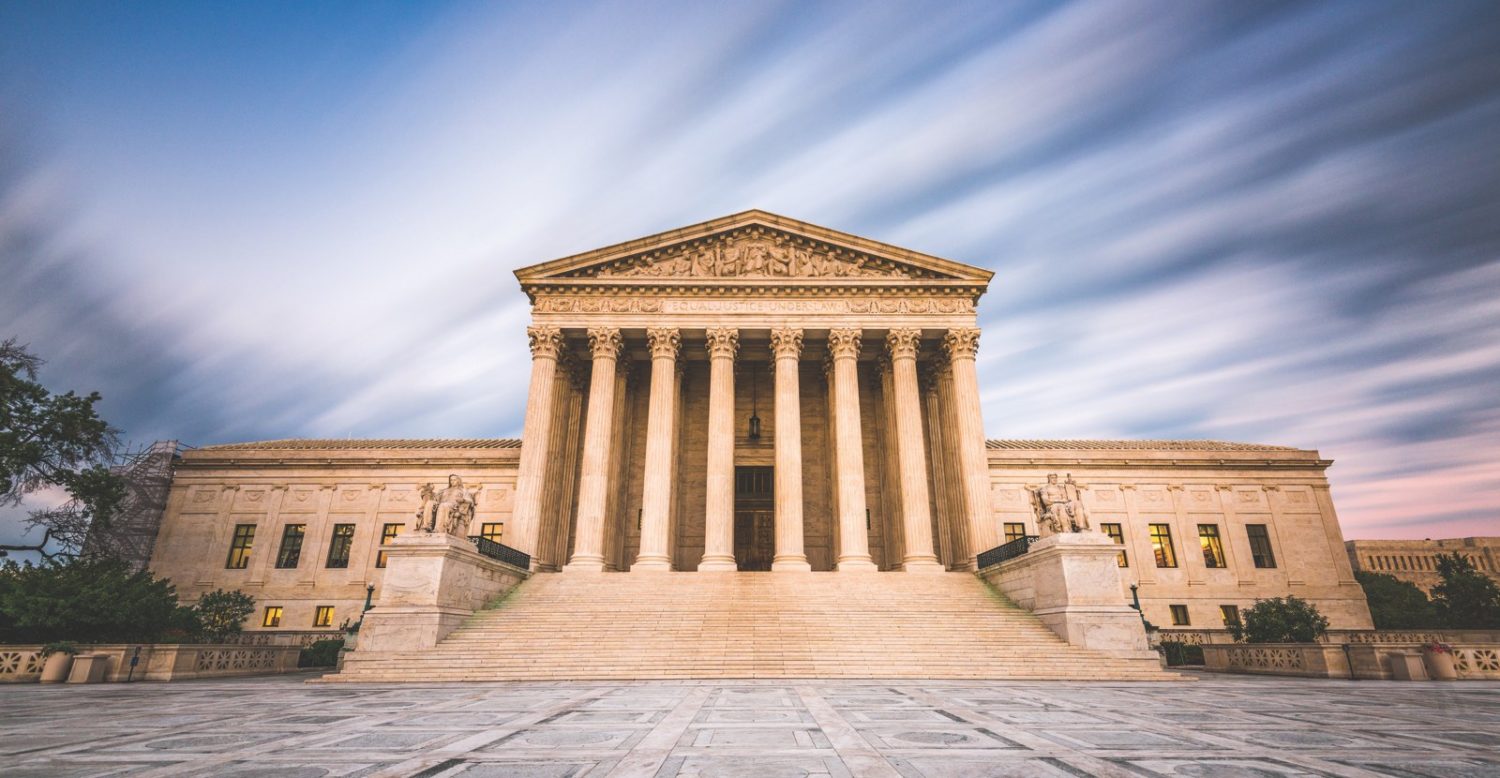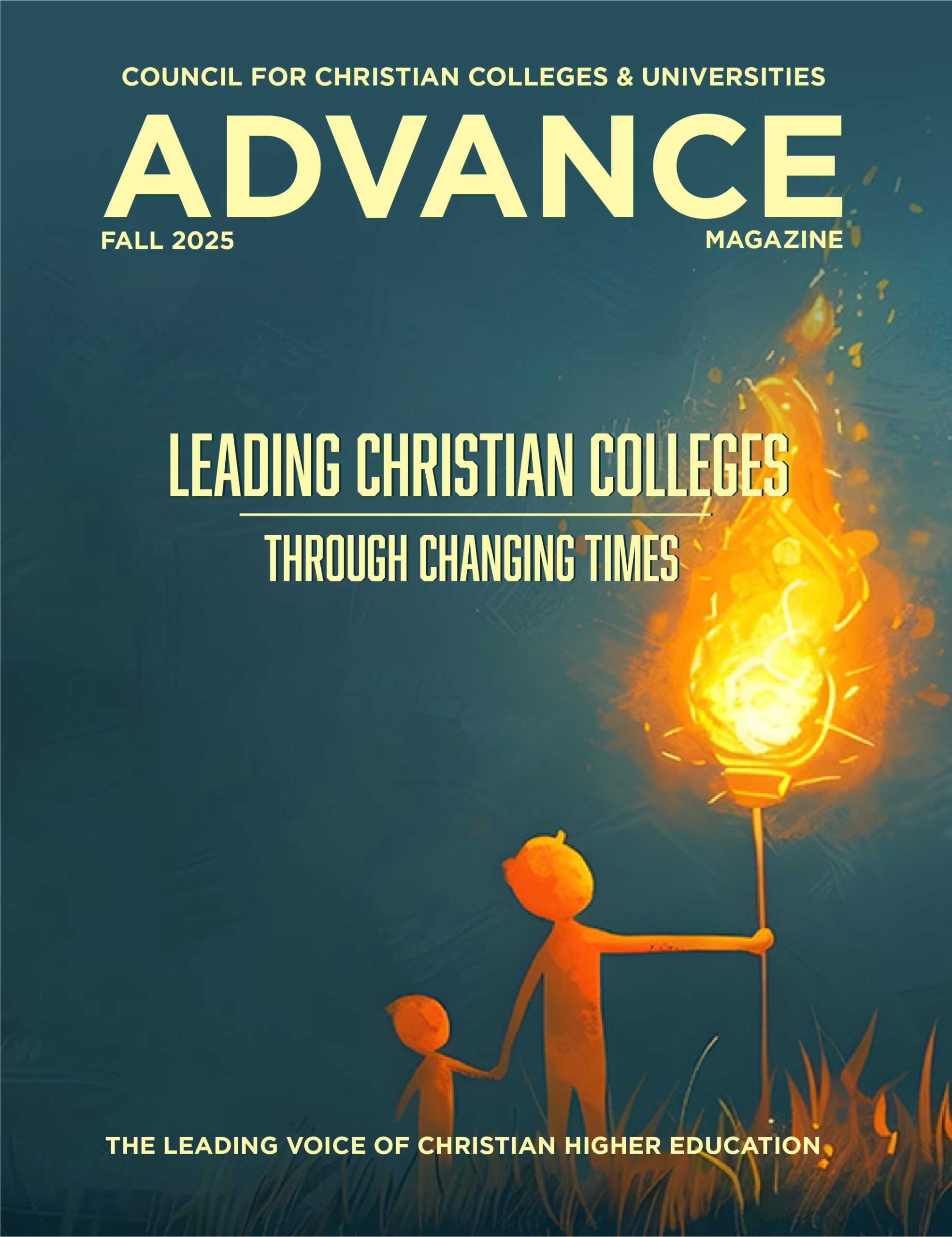News and Publications
WASHINGTON – On Monday, June 4, in a 7-2 decision in the Masterpiece Cakeshop v. Colorado Civil Rights Commission case, the United States Supreme Court found the Commission was wrong to treat Jack Philip’s religious beliefs with hostility. The court reaffirmed that the First Amendment requires the government to treat religion with respect.
The decision, while significant, was narrow and did not answer all the questions or claims that can arise when sincerely held religious beliefs are seen as being in opposition to respectful treatment of LGBT people. But the court did give a window into their thinking. The majority opinion stated, “Our society has come to the recognition that gay persons and gay couples cannot be treated as social outcasts or as inferior in dignity and worth. For that reason, the laws and the Constitution can, and in some instances must, protect them in the exercise of their civil rights. The exercise of their freedom on terms equal to others must be given great weight and respect by the courts. At the same time, the religious and philosophical objections to gay marriage are protected views and in some instances protected forms of expression. As this Court observed in Obergefell v. Hodges…‘[t]he First Amendment ensures that religious organizations and persons are given proper protection as they seek to teach the principles that are so fulfilling and so central to their lives and faiths.’”
In response, CCCU President Shirley V. Hoogstra stated, “We are very pleased by the outcome of the Court’s decision. It was not easy for Jack Phillips and his family to endure being at the center of the storm and we commend the court for rightly siding with a person facing hostility for religious conviction. It affirms my confidence in our form of government that allows these essential checks and balances. We also recognize that many open questions remain regarding how religious and LGBT rights can and should intersect in order to be faithful to the Constitution. The CCCU remains committed to working with all spheres of government and exploring all possible strategies to ensure that our institutions retain the right to operate consistent with their religious missions.”
The CCCU filed an amicus brief in this case arguing that the Court should apply strict scrutiny when reviewing government action that coerces individuals or institutions to act in violation of their religious conscience.



